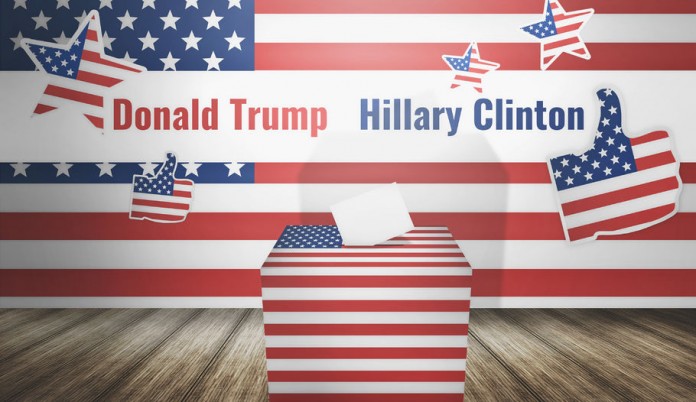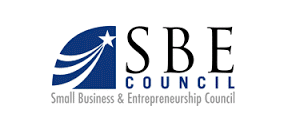“Small Business Owners Want to Hear Details of Both Candidates’ Plans to Spur Economic Growth, Support Entrepreneurs,” said SBE Council President & CEO
In advance of Sunday night’s second presidential debate, the Small Business and Entrepreneurship Council (SBE Council), a nonpartisan, nonprofit advocacy organization working to protect small business and promote entrepreneurship, is calling on both candidates to “specifically address small business issues during the debate by providing clear solutions to the many challenges entrepreneurs face.”
“The first presidential debate, and even the vice-presidential debate, have lacked specifics from the candidates about how they would spur growth for the small business community,” said Karen Kerrigan, SBE Council president and CEO. “Small business owners and entrepreneurs are part of the electorate that deeply care about the details. Their livelihood is dependent upon sweating the small stuff and making the numbers add up. They are desperately waiting for a substantive conversation focused on concrete plans about how the candidates would reform the tax code, create jobs and overhaul our regulatory system.”
As a lead up to the debates, SBE Council conducted a flash-poll of its members asking them specifics on what they want to hear from the candidates. An example of some of those responses, include:
- My sales can’t keep up with costs. What will they do to help the economy become strong again?
- I would like to hear specifics on matters relevant to small business (e.g., reduced taxes, reduced regulations, affordable health care). I don’t want to hear lip service (“how important small business is to the U.S. economy”).
- Regulatory Reform: A program to eliminate and consolidate regulations that undermine the economy and harm people and small business, and those that hurt incentives to invest in small businesses. What about the consolidation of regulatory agencies?
- How do you intend to make sure that entrepreneurs and small business owners have a REAL voice in your Administration?
In an attempt to help small business owners better understand where the two major party candidates stand on issues of importance to them, SBE Council has released profiles of both presidential candidates:
Hillary Clinton: A Small Business Snapshot on the Issues
In August 2016, Clinton released a set of principles and policy ideas dedicated to small businesses. These policies would “level the playing field for small businesses,” according to the campaign.
Previously, the campaign released a brief blueprint, “Four Ways to Jump-Start Small Business,” on the website noting the importance of focusing on tax simplicity and relief, regulatory reform, export opportunities for growth, and expanding access to capital.
Donald Trump: A Small Business Snapshot on the Issues
The Trump Economic Vision was outlined in speech in Detroit on August 8, 2016. at a speech before the Economic Club of New York on September 15, with refinements to his tax plan.
Trump says federal regulation is out-of-control. He has endorsed specific proposals to bring accountability to the regulatory system. On his campaign website, it is noted that Trump supports a “pause and review” of federal regulation. He would require the federal agencies to inventory regulations and determine those that are the least critical, which may get priority action for repeal.
Additionally, SBE Council Tax Advisor, Leonard Steinberg, recently wrote an analysis of Donald Trump’s partial 1995 tax return released by The New York Times. The analysis provides an unbiased, expert perspective on Trump’s use of the Net Operating Loss, an actively used section of the tax law used by every type of business entity, including small businesses.
“The use of this part of the tax code is not some sort of a loophole but an actively used section of the tax law used by every type of business entity, including small businesses. The use of this section has an economic component and is part of the general business cycle when reporting annual business activities.”
# # #
About the Small Business & Entrepreneurship Council
SBE Council is a nonpartisan, nonprofit advocacy, research and education organization that works to protect small business and promote entrepreneurship. For nearly 25 years, SBE Council has advanced key policies and initiatives to strengthen the ecosystem for startups and small business success. To learn more, visit SBE Council’s website: www.sbecouncil.org. Follow on Twitter: @SBECouncil.
Find a Home-Based Business to Start-Up >>> Hundreds of Business Listings.
















































